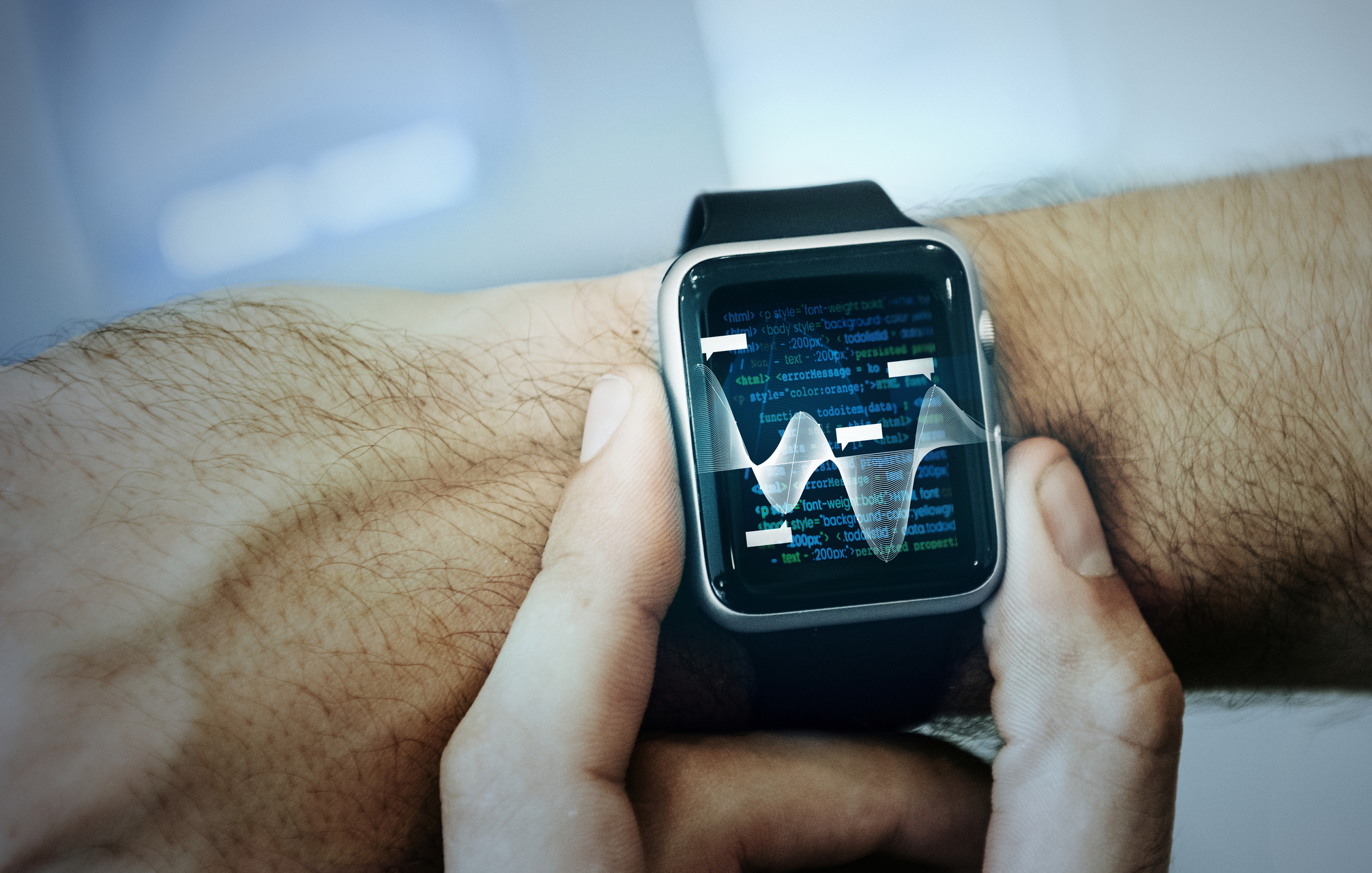

Almost one-third of all Americans use a wearable gadget, such as a smartwatch, to track their health and fitness. Studies have indicated that increasing mobility in ways that these devices can monitor has a favorable effect, especially for those who have recently had a heart attack or other cardiovascular event.
However, according to a Michigan Medicine-led study, adding a mobile health application to such devices offers mixed outcomes. Tailored text messages to urge high-risk adults to exercise more may improve some short-term outcomes, but they do not always enhance overall mobility.
The Virtual AppLication-supported Environment To Increase Exercise Study, or VALENTINE, was a randomized clinical trial that compared the mobility of patients participating in cardiac rehabilitation who got the mobile health intervention to those who did not.
Cardiac rehabilitation is a medically supervised therapy that is advised after a heart attack or surgery.
Half of the study’s more than 200 participants received a mobile health intervention, which included an app for activity tracking and goal setting, as well as personalised, just-in-time text messages to encourage mobility.
The messages took into account characteristics such as the weather, time of day, and day of the week to ensure that they were extremely relevant to the environment of the participant.
The findings, published in the journal npj Digital Medicine, show that there is no statistically significant improvement in physical activity levels for patients participating in cardiac rehabilitation who receive the mobile health intervention across all smartwatch models.
There was, however, a significant increase in walking distance over six minutes, a measure of functional ability, for Fitbit users three months after the research began, albeit this was not sustained at six months.
Apple Watch users’ six-minute walk distance did not alter significantly after six months.
“Overall, this study suggests that the intervention did not have a long term impact on physical activity that was sustained over time but may have intermediate or potentially device-specific effects,” said first author Jessica R. Golbus, M.D., clinical instructor of internal medicine-cardiology at University of Michigan Medical School and member of the Precision Health initiative.
“Further analyses will help us to determine which types of tailored text messages are most effective and for which groups of patients. We will then use that information to design and deliver a future digital health intervention in which participants receive only the most effective text messages,” Golbus said.
“This study is a first step in us understanding how best to use these new technologies to the benefits of patients.”
more recommended stories
 Pediatric Crohn’s Disease Microbial Signature Identified
Pediatric Crohn’s Disease Microbial Signature IdentifiedKey Points at a Glance NYU.
 Nanovaccine Design Boosts Immune Attack on HPV Tumors
Nanovaccine Design Boosts Immune Attack on HPV TumorsKey Highlights Reconfiguring peptide orientation significantly.
 High-Fat Diets Cause Damage to Metabolic Health
High-Fat Diets Cause Damage to Metabolic HealthKey Points Takeaways High-fat and ketogenic.
 Acute Ischemic Stroke: New Evidence for Neuroprotection
Acute Ischemic Stroke: New Evidence for NeuroprotectionKey Highlights A Phase III clinical.
 Statins Rarely Cause Side Effects, Large Trials Show
Statins Rarely Cause Side Effects, Large Trials ShowKey Points at a Glance Large.
 Can Too Many Antioxidants Harm Future Offspring?
Can Too Many Antioxidants Harm Future Offspring?Key Takeaways High-dose antioxidant supplementation in.
 Anxiety Reduction and Emotional Support on Social Media
Anxiety Reduction and Emotional Support on Social MediaKey Summary Anxiety commonly begins in.
 Liquid Biopsy Measures Epigenetic Instability in Cancer
Liquid Biopsy Measures Epigenetic Instability in CancerKey Takeaways Johns Hopkins researchers developed.
 Human Antibody Drug Response Prediction Gets an Upgrade
Human Antibody Drug Response Prediction Gets an UpgradeKey Takeaways A new humanized antibody.
 Pancreatic Cancer Research: Triple-Drug Therapy Success
Pancreatic Cancer Research: Triple-Drug Therapy SuccessKey Summary Spanish researchers report complete.

Leave a Comment